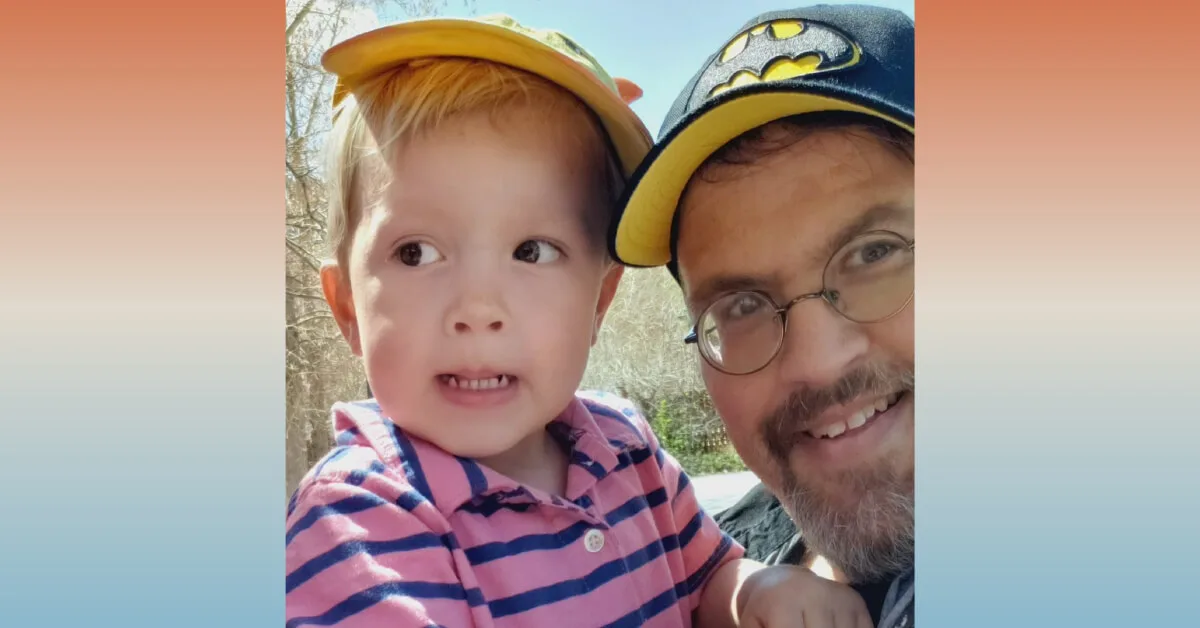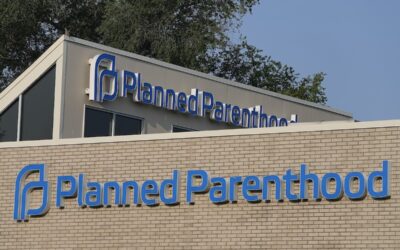
#image_title
Up to 133 million Americans have pre-existing conditions covered by the Affordable Care Act. If the Supreme Court overturns the law, the consequences could be disastrous.
When Ruth Bader Ginsburg died last month, it sent shockwaves across the United States, raising fears about what a 6-3 conservative-leaning Supreme Court would mean for everything from civil rights to environmental rules to women’s reproductive rights.
Among those who are most terrified of the potential confirmation of Judge Amy Coney Barrett to the court are some of the up to 133 million Americans who live with pre-existing medical conditions such as diabetes, heart disease, and cancer. Before the Affordable Care Act was passed in 2010, people with pre-existing conditions were often denied coverage, offered minimal coverage, or forced to pay for extremely expensive plans.
“If you had a pre-existing condition before the ACA, depending on where you lived and whom your carrier was, you could be denied coverage or be deemed uninsurable,” Howard Koh, former assistant secretary for health for the U.S. Department of Health and Human Services under President Barack Obama told COURIER last month. “And given the burden of chronic disease in our country, that involved millions of people.”
The ACA was a game-changer, however. The 2010 healthcare law made it illegal for health insurance companies to deny coverage to people with pre-existing conditions or charge them higher rates for coverage.
It is not an exaggeration to say the ACA saved people’s lives. Just ask Paul Gibbs, a father of two from West Valley City, Utah, who has kidney issues that require constant care and previously described the law as a “gift from God.”
That gift could soon be taken away. The Supreme Court is set to hear a case on Nov. 10—one week after Election Day—in which 18 Republican-led states, with the backing of President Donald Trump, are suing to repeal the ACA.
If the court sides with Republicans and strikes down the law, not only would an estimated 21 million Americans lose their insurance, but tens of millions of people like Paul would lose protections for pre-existing conditions and could once again be denied coverage.
Paul’s life quite literally hangs in the balance. So do those of countless other Americans. In the aftermath of Ginsburg’s death, we reached out to Paul and two other Americans who rely on the ACA to keep them and their loved ones healthy. We asked them to share their feelings and fears about what would happen if the ACA were repealed.
Here’s what they had to say:

It’s almost flu season. Should you still get a shot, and will insurance cover it?
Madison Czopek, PolitiFact August 18, 2025 For parents of school-aged children, the fall to-do list can seem ever-growing. Buy school supplies. Fill...

Trump’s IVF promise is being broken and will hit 175,000 Wisconsin women with fertility issues
Report says White House has no plans to press for a private insurance mandate or government support, despite repeated promises by the self-described...

Rural health care faces ‘death spiral’ from GOP Medicaid cuts
A doctor from Tomah talks to Pete Buttigieg’s online audiences about cuts in services and longer travel times for life-or-death care. Rural health...

Wisconsin DHS confirms nine measles cases, urges families to get vaccinated
By: Baylor Spears The Wisconsin Department of Health Services (DHS) is urging residents to get vaccinated amid the confirmation of the first measles...




